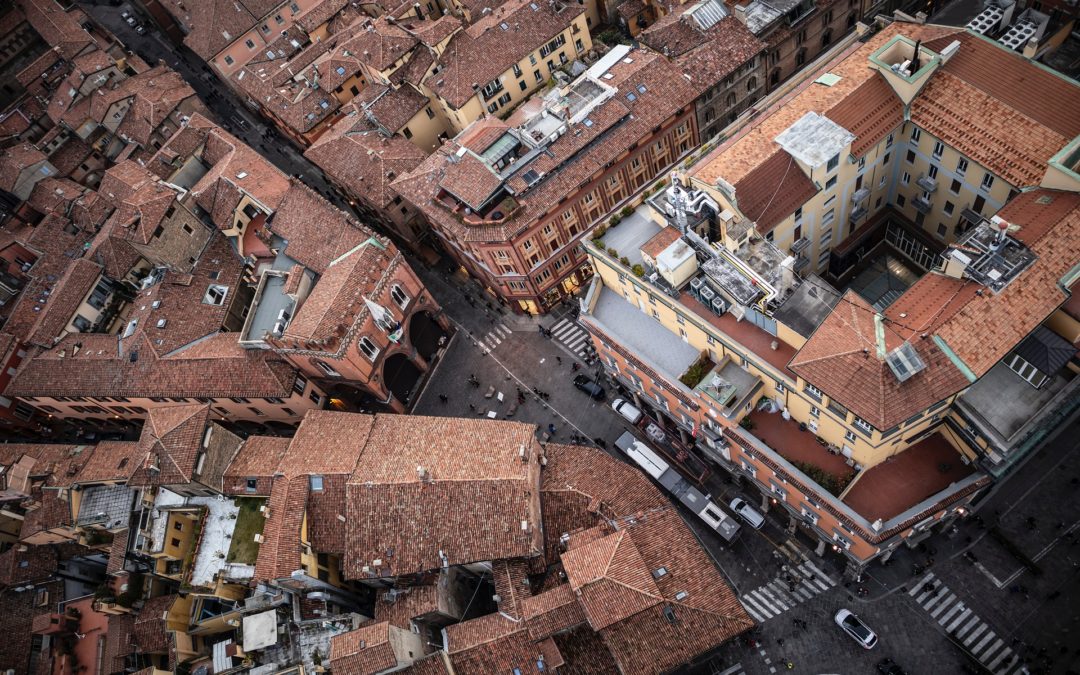The construction sector is the European largest consumer of energy (around 40%) and the leader in greenhouse gases emissions (around 36%). To revert this situation, the sector needs new methodologies for refurbishment to obtain Near Zero Energy Buildings (NZEB), in order to reduce the housing sector environmental impact.
The REZBUILD Project, which has the collaboration of CARTIF and the financial support of the H2020 European program, is aligned with the objective of creating a more sustainable construction sector. Since the initiative kicked off, the REZBUILD’s partners have been working on defining a collaborative refurbishment ecosystem focused on the existing residential building stock. To achieve that goal the consortium in charge of the project is developing a collaborative advanced platform based on the integration of cost-effective technologies, business models and life cycle interaction to different residential renovation typologies. The development of this technological tool and the three demo sites where the initiative is testing its smart and innovative technologies have made significant advances in the last year.
The main progresses achieved were reviewed in the annual consortium meeting of REZBUILD Project, which was celebrated between the 10th and 12th of June. In the meeting the partners addressed the status of the different tasks related to the work packages led by them. The definition of renovation strategies by the University of Nottingham has been completed. Also, the development and integration of open BIM files and tools within the collaborative refurbishment ecosystem was finished by RIMOND. ESTIA partner communicated as well the progresses achieved in the development of the refurbishment ecosystem based on an agile project management tool and definition of data management and the development of complementary front-ends according to the stakeholder profile. These milestones will be essential to the success of the project.
In addition, REZBUILD Project’s meeting analyzed the advances on the different three demo sites where the initiative is testing these technologies. These demo sites are residential buildings located in Madrid (Spain), Oslo (Norway) and Martellago (Italy) and have been chosen to cover 3 of the most usual residential building typologies in Europe and represent the most prevalent European climates (North-Continental, Central-Atlantic and South-Mediterranean). In these business scenarios, REZBUILD Project has driven participatory processes with the local neighbors. Different workshops, personal interviews and surveys have been helpful to acknowledge their energetic consumption habits and their behavior regarding the technologies applied in the demo sites.
The Agenda of the 2020th consortium meeting was divided in 5 different sessions with the participation of all the partners of the initiative: Officinae Verdi Group (Italy), Vias y Construcciones (Spain), MAETRICS (Italy), CARTIF (Spain), ESTIA (France), Comunidad de Madrid (Spain), Saint-Gobain Placo Iberica (Spain), ONYX Solar (Spain), SINTEF (Norway), OBOS (Norway), University of Nottingham (United Kingdom), Exploded View (Spain), Rimond (Italy), and ZABALA Innovation Consulting (SPAIN).
The REZBUILD Project started in 2017 and it will last for more than 4 years. Its developments are significant for the construction sector and the achievement of the sustainable goals that are key in the EU Green Deal promoted by the European Commission.

